LVASA-SRS Dissemination Meeting
The LVASA-SRS Dissemination Meeting (July 8–9, 2025, Lagos) convened government leaders, researchers, and development partners to showcase findings from Nigeria’s largest maternal mortality survey and chart a path for sustainable action. Presentations highlighted the project’s robust design, covering over 127,000 households across 20 LGAs, and revealed leading causes of maternal deaths such as haemorrhage, hypertensive disorders, and unsafe abortion. Stakeholders emphasized the social and systemic delays that contribute to preventable deaths, while policy discussions focused on integrating LVASA-SRS into state health systems, establishing legal frameworks for mandatory death notification, and ensuring community ownership. The meeting concluded with a collective commitment to embed LVASA-SRS as a digital, people-centred, and sustainable model for maternal and perinatal death surveillance in Lagos and beyond.
Theme: Knowledge Translation and Policy Engagement – Driving Evidence-
Based Action to End Preventable Maternal and Perinatal Death
Location: Lagos, Nigeria
Dates: July 8–9, 2025
The LVASA-SRS Dissemination Meeting, hosted by the Centre for Clinical Trials Research and Implementation Science (CCTRIS) in collaboration with the Lagos State Government, brought together a powerful mix of stakeholders across research, health policy, and development sectors for a landmark two-day event in Lagos.
Held under the theme “Driving Evidence-Based Action to End Preventable Maternal and
Perinatal Death,” the meeting served as both a reflection and a rallying point — showcasing findings from the Lagos Verbal and Social Autopsy – Sample Registration System (LVASA-SRS) project, and translating them into actionable policy commitments.
DAY 1: Knowledge Translation – The “How” of the LVASA-SRS Project.
The first day focused on unpacking the technical foundations of the LVASA-SRS project providing deep insights into its design, tools, data systems, and field implementation.
Participants engaged with:
- Community-based maternal death surveillance
- Verbal and social autopsy tools to uncover biological and social causes of death
- Digital tools for real-time data collection (KoboToolbox) and live dashboards
- Ethical considerations such as grief-sensitive interviewing and trust-building
- Fieldwork conducted across 20 Local Government Areas, covering 127,039
households and 1,900+ Enumeration Areas
Key Highlights from Day 1 Presentations:
Prof. Kikelomo Ololade Wright, Co-Investigator, laid the foundation by providing background on previous maternal mortality estimation efforts in Lagos. She acknowledged both achievements and limitations of prior state-led surveys, emphasizing the need for more reliable and representative data — a gap LVASA-SRS was designed to fill. ( attach picture of speaker)
Dr. Aduragbemi Banke-Thomas, Co-Principal Investigator & Strategy Lead, offered a retrospective on earlier mortality surveillance systems such as LARCHIS, and highlighted how LVASA-SRS introduces a more robust, community-linked approach. He stressed the importance of identifying clinical and social drivers of maternal and perinatal deaths, advocating for systems that capture deaths outside of health facilities. ( attach picture of speaker)
Dr. Adeyemi A. Okunowo, Administrative Lead (CMUL), took participants through the rigorous methodology used in the project, including:
- Use of the WHO 2022 Verbal Autopsy Tool
- Deployment of InterVA software and physician review for codification
- Data from March 2023 – February 2024 (Retrospective Phase): 5,020 pregnant women, 7,217 births, 61 maternal deaths, 218 stillbirths, MMR: 872 per 100,000 live births, SBR: 30 per 1,000 births.
- Data from March 2024 – February 2025 (Prospective Phase): 1,718 births, 13 maternal deaths, MMR: 754 per 100,000 live births.

Causes of maternal deaths included:
- Obstetric haemorrhage (36%)
- Hypertensive disorders (22%)
- Unsafe abortion (10%)
- Uterine rupture (8.5%)
Others (23.5%) ( attach picture of speaker)
Dr. Adedoyin Ogunyemi, Co-Investigator, presented insights from 59 social autopsies across the 20 LGAs. She illustrated the “Three Delays” model:
- Delay 1: Delayed decision-making at home (e.g., reliance on traditional birth
attendants, fear of staff attitudes, cost)
- Delay 2: Delays in transport and referrals
- Delay 3: Delays within health facilities (e.g., payment-before-care, lack of blood, bureaucracy)
Field teams also shared firsthand experiences of conducting verbal autopsies, navigating grief-sensitive situations, and building trust with bereaved families. ( attach picture of speaker)
